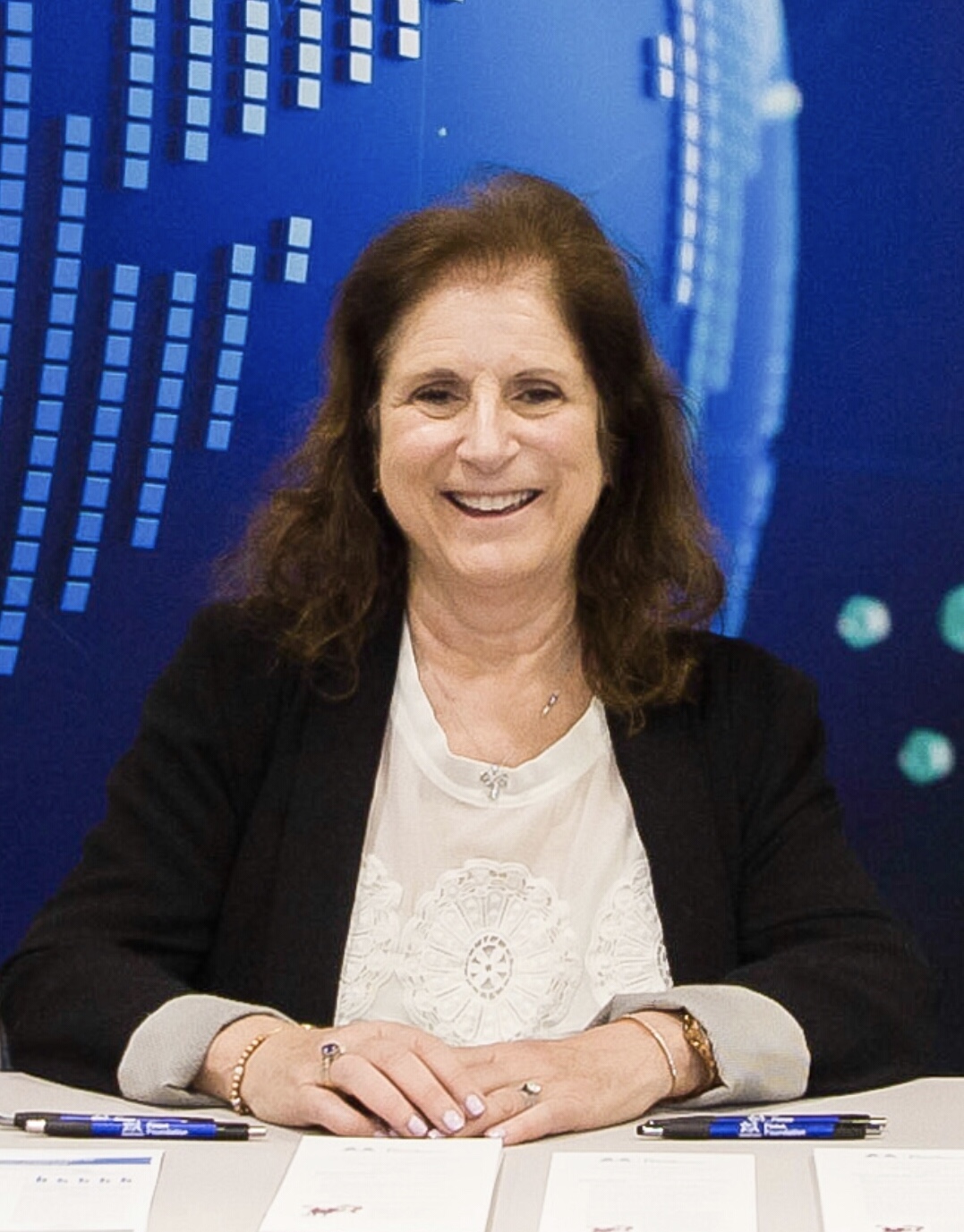Testimonials
Meet the Team

Carole Samango-Sprouse, Ed.D.
Director, Neurodevelopmental Diagnostic Center for Children
APIB, BNABS, NDT-trained Neurodevelopmentalist
Dr. Samango-Sprouse is an Associate Clinical Professor of Pediatrics at the George Washington University and an Adjunct Associate Professor in the Department of Human and Molecular Genetics at Florida International University. She is also currently the Director of the Neurodevelopmental Diagnostic Center for Children, and the Executive Director and Chief Science Officer of The Focus Foundation.
She received her doctorate from the George Washington University in Washington, DC, and then studied neurobehavioral assessment at the Children's Hospital of Boston with Dr. Heidelise Als, a developmental psychologist and renown Harvard University scholar. Dr. Samango-Sprouse is trained in neuromotor, neurocognitive development, neurobehavioral skills, and oral motor assessment for children with an emphasis on children with neurogenetic disorders. She is trained in Bobath neurodevelopmental training (NDT), and is certified in the assessment of pre-term infant behavior (APIB), the Brazelton Neonatal Assessment Scale (BNABS), and the Autism Diagnostic Observation Scale -2 (ADOS-2).
Dr. Samango-Sprouse has published more than 90 articles on the neurocognitive capabilities of atypical children, and published numerous chapters on 47,XXY. She has been guest editor of the American Journal of Medical Genetics, Part C in 2013, and will be again in an upcoming issue in 2019. She studies the relationship between the brain and behavior, and its impact on neurodevelopmental performance in children with X and Y chromosome variations and other complex genetic disorders. She writes about the link between phenotypic presentation, brain, and neurodevelopmental outcome, which is detailed in her book X & Y Chromosomal Variations: Hormones, Brain Development, and Neurodevelopmental Performance. Published in 2017, this book is used in more than 150 medical schools all over the country, educating the medical specialists of the future on X and Y chromosome variations.
